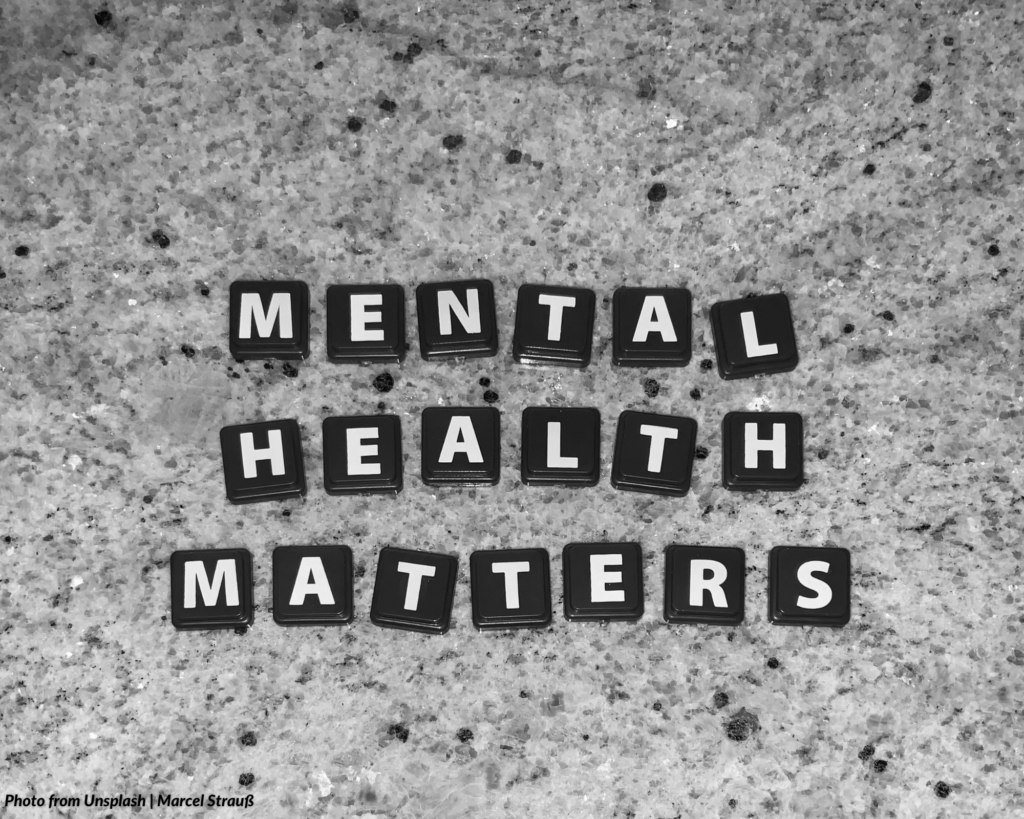
Photo from Unsplash | Marcel Strauß
The following post does not create a lawyer-client relationship between Alburo Alburo and Associates Law Offices (or any of its lawyers) and the reader. It is still best for you to engage the services of a lawyer or you may directly contact and consult Alburo Alburo and Associates Law Offices to address your specific legal concerns, if there is any.
Also, the matters contained in the following were written in accordance with the law, rules, and jurisprudence prevailing at the time of writing and posting, and do not include any future developments on the subject matter under discussion.
AT A GLANCE:
A mental health professional refers to a medical doctor, psychologist, nurse, social worker or any other appropriately-trained and qualified person with specific skills relevant to the provision of mental health services. (Section 4, par. m, R.A. No. 11036)
Mental health professionals shall have the right to a safe and supportive work environment among others. (Section 7, R.A. No. 11036)
The growing awareness and concern for mental health care is not a novel concept. As early as the 1990s, measures implementing protection of persons with mental health and improvement of mental health care have been enacted.
In 1991, the Principles for the Protection of Persons with Mental Health Illnesses and the Improvement of Mental Health Care was adopted by the United Nations General Assembly through the issuance of UN General Assembly No. 46/119 on December 17, 1991.
Under UN General Assembly No. 46/119, “mental health practitioner” means a medical doctor, clinical psychologist, nurse, social worker or other appropriately-trained and qualified person with specific skills relevant to mental health care.
In the Philippines, Republic Act No. 11036 or the Mental Health Act has been enacted in 2018. The Mental Health Act promotes the well-being of people by ensuring not only that mental health is treated and prevented, but likewise that mental health is valued, promoted and protected.
In recognizing mental health as a valuable right of every Filipino, the Mental Health Act provides for the rights of persons with mental health illnesses, as well as the rights of mental health professionals in the Philippines.
Mental health professionals, as defined under Section 4, par. m of the Mental Health Act, refers to a medical doctor, psychologist, nurse, social worker, or any other appropriately-trained and qualified person with specific skills relevant to the provision of mental health services.
The Mental Health Act provides that:
“Mental health professionals shall have the right to:
(a) A safe and supportive work environment;
(b) Participate in a continuous professional development program;
(c) Participate in the planning, development, and management of mental health services;
(d) Contribute to the development and regular review of standards for evaluating mental health services provided to service users;
(e) Participate in the development of mental and health policy and service delivery guidelines;
(f) Except in emergency situations, manage and control all aspects of his or her practice, including whether or not to accept or decline a service user for treatment; and
(g) Advocate for the rights of a service user, in cases where the service user’s wishes are at odds with those of his or her family or legal representatives.” (Section 7, R.A. No. 11036)
Under the law, all public and private educational institutions shall be required to have a complement of mental health professionals (Section 24, R.A. No. 11036).
As for mental health promotion in the workplace, the Mental Health Act mandates that employers shall develop appropriate policies and programs on mental health issues, correct the stigma and discrimination associated with mental health conditions, identify and provide support for individuals with mental health conditions to treatment and psychosocial support (Section 25, R.A. No. 11036)
Under the Implementing Rules and Regulations to the Mental Health Act, employers shall develop policies and programs on mental health in the workplace designed to (1) raise awareness on mental health issues, correct stigma and discrimination associated with mental health conditions, identify and provide support for individuals at risk, and facilitate access of individuals with mental health conditions to treatment and psychosocial support. (Section 26, Implementing Rules and Regulations to the Mental Health Act)
Labor Advisory No. 19, Series of 2023 provides that employers are encouraged to provide the following work accommodations and arrangements for employees who may need further medical attention due to their [illness]:
- Paid leave benefit on top of existing leave benefits under the company policy, collective bargaining agreement, the Labor Code, and special laws;
- Flexible work arrangements, re-scheduling of work hours, and adoption of other work arrangements, including telecommuting, and
- Other benefits.
Related Articles:
Workplace policies for Mental Health
Implementation of Mental Health Workplace Policies and Programs for the Private Sector
Alburo Alburo and Associates Law Offices specializes in business law and labor law consulting. For inquiries regarding taxation and taxpayer’s remedies, you may reach us at info@alburolaw.com, or dial us at (02)7745-4391/0917-5772207.
All rights reserved.


